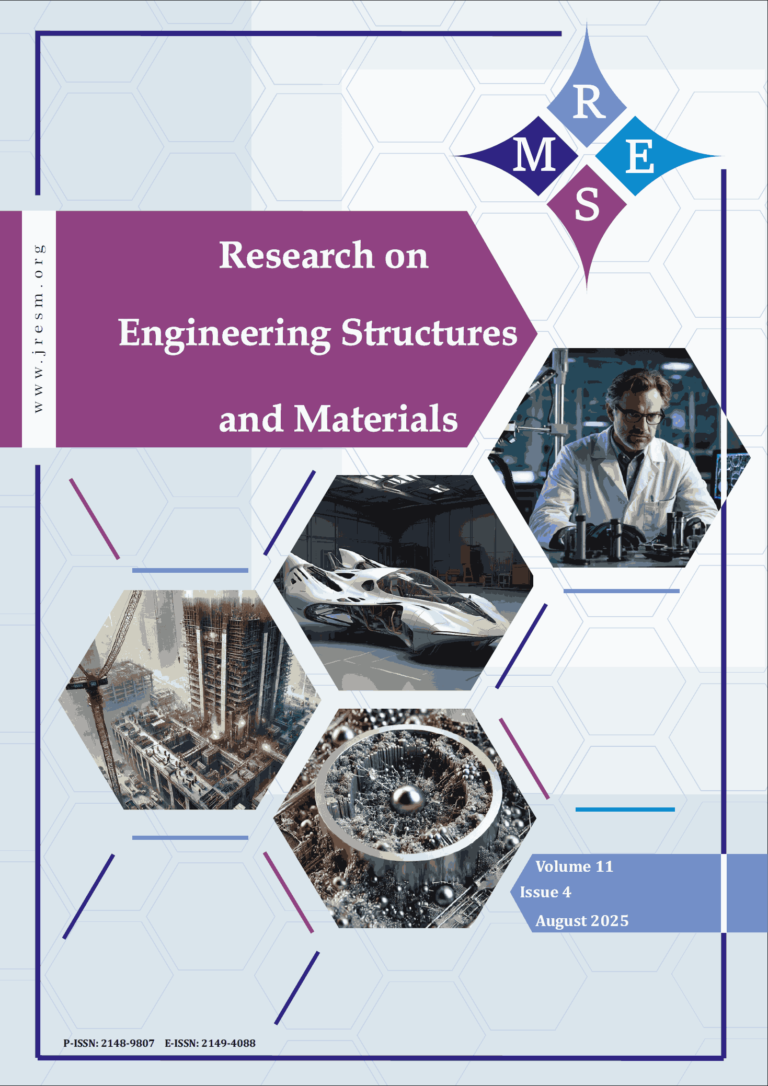The construction industry is facing increasing challenges due to the depletion of natural sand resources, making it essential to find sustainable alternatives. This study explores the potential of marine dredged sediments from Jebha Port, Morocco, as a substitute for dune sand in B30 concrete. By incorporating these sediments at different replacement levels (10% to 100%), the study evaluates their impact on the concrete’s workability and strength. To start, a detailed physico-chemical analysis of the dredged sediments was carried out to understand their properties and how they might affect concrete performance. The sediments were then mixed into concrete at varying substitution rates, from small adjustments (10% and 25%) to complete replacement of dune sand (100%). The fresh-state properties showed that higher sediment content reduced workability, making the mix less fluid. However, with proper adjustments to the mix design, this issue could be managed. The study also examined the hardened-state performance, focusing on compressive and tensile strength. Results showed that replacing up to 25% of dune sand with marine sediments maintained acceptable strength, making the concrete suitable for non-structural applications. Beyond this level, mechanical performance declined, suggesting that total replacement may require further optimization. Overall, this research highlights those marine dredged sediments from Jebha Port can be a practical and eco-friendly alternative to natural dune sand. By reusing these sediments in construction, we can reduce environmental pressure on sand resources while promoting more sustainable building practices. This approach aligns with circular economy principles, turning what was once considered waste into a valuable material for the construction industry.
Benhaddou K, Souileh A, Ouadif L, Mabrouk A, Abdelhak S, Baba K, Rharouss M. Valorization of marine dredged sediments from Jebha Port as a sustainable alternative to dune sand in concrete manufacturing. Res. Eng. Struct. Mater., 2025; 11(4): 1667-1682.
